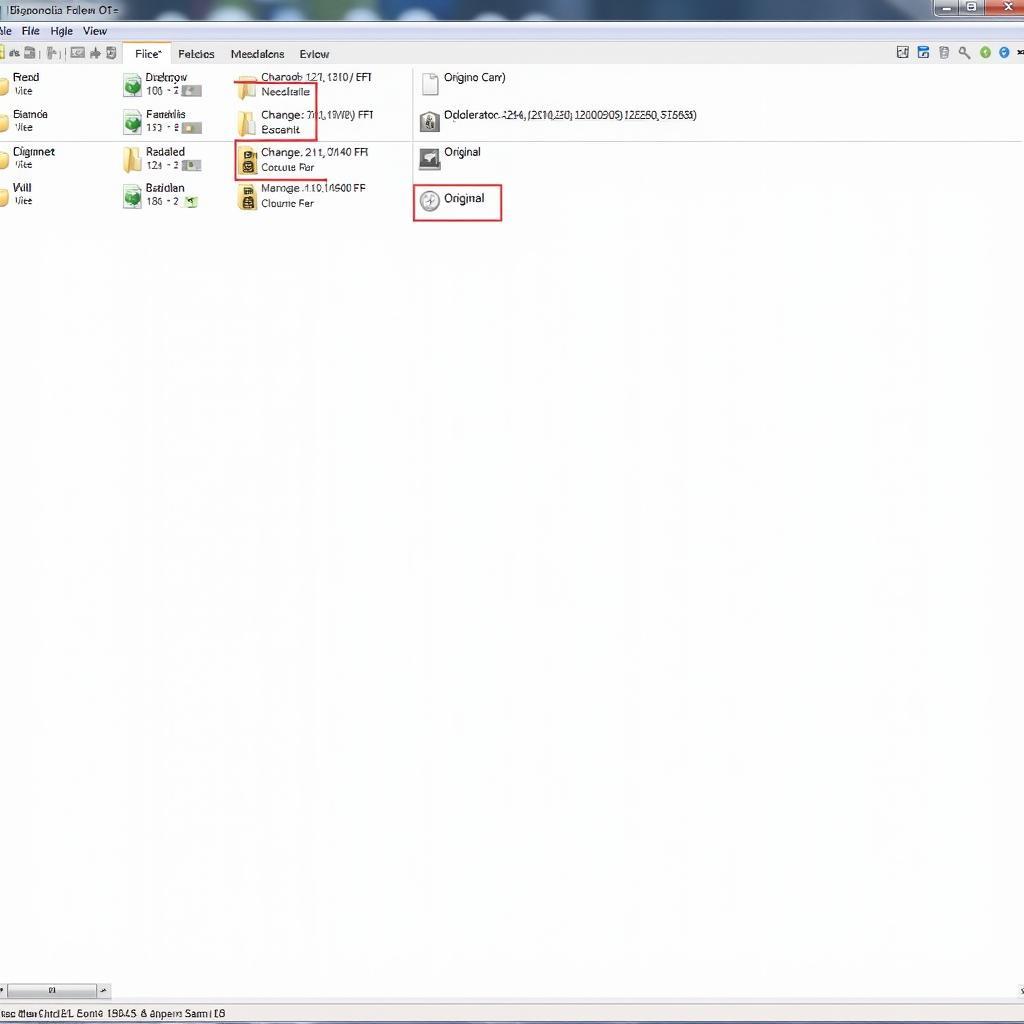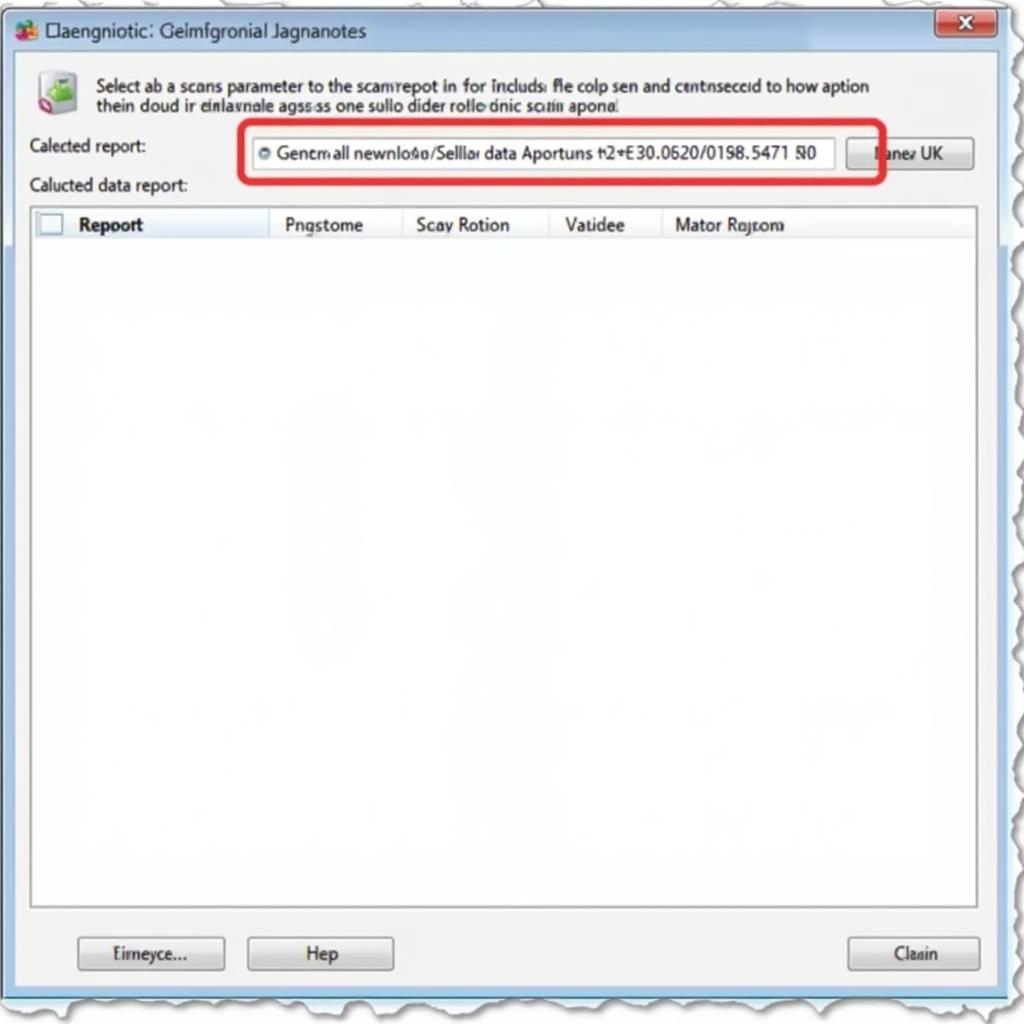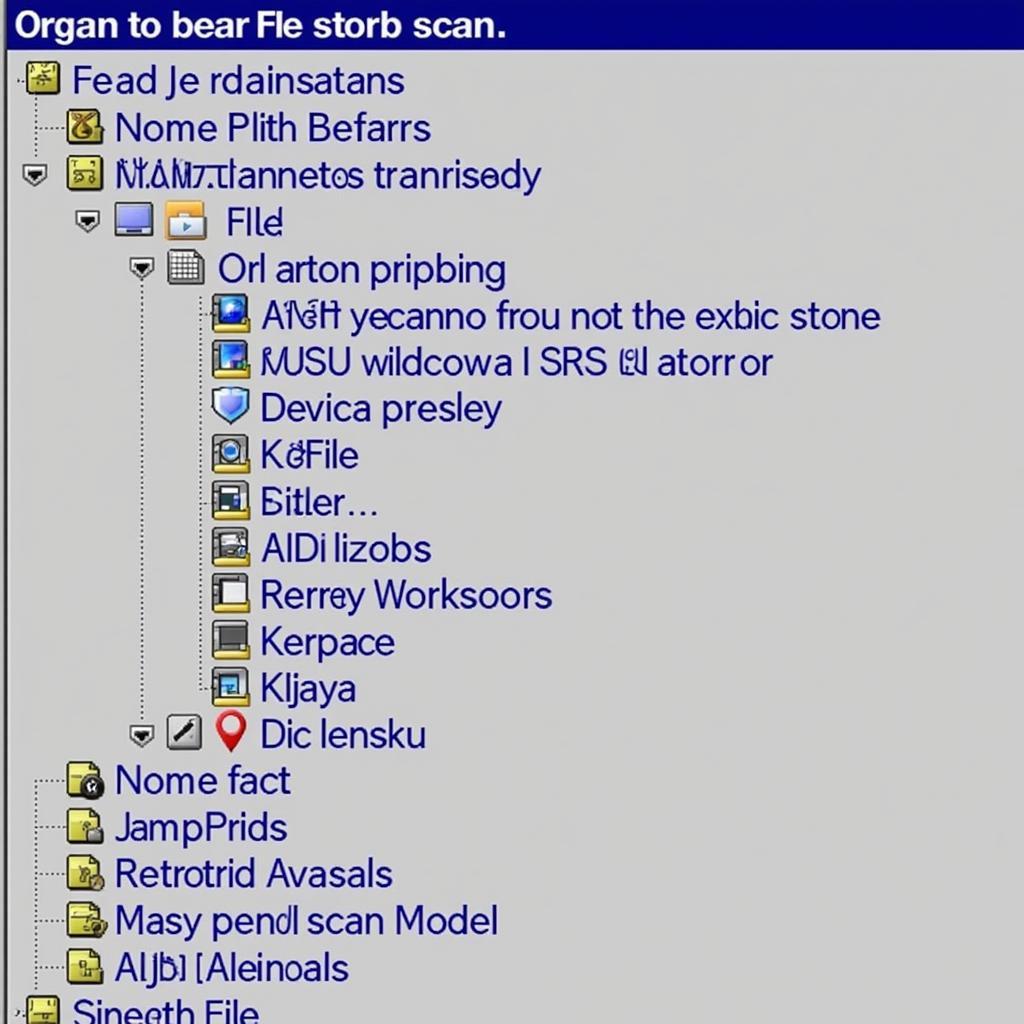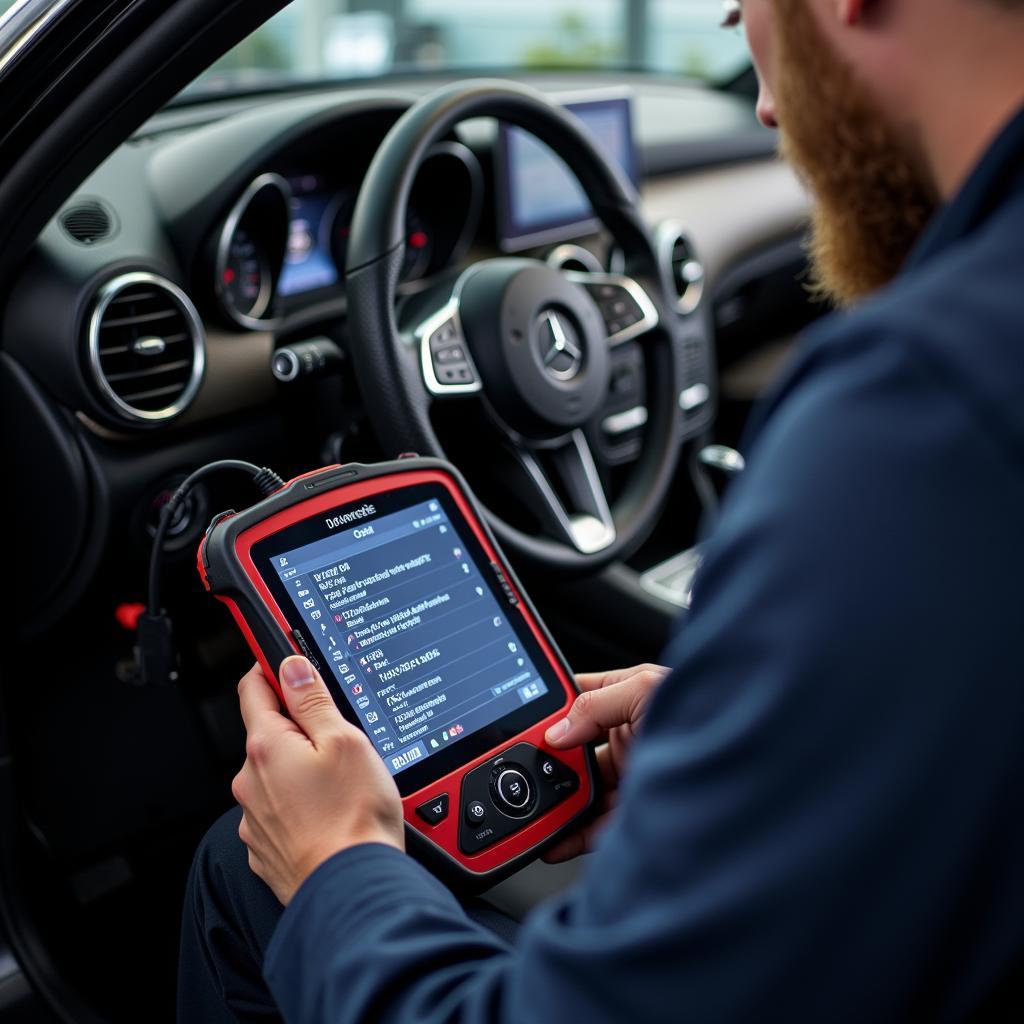Reducing the file size of your diagnostic scans is crucial for efficient storage, sharing, and analysis. Whether you’re a professional technician or a car owner, dealing with large scan files can be a hassle. This article will guide you through various techniques to effectively minimize the size of your scan files without compromising the essential data.
A smaller scan file size translates to faster upload and download speeds, especially beneficial when using remote diagnostic services like those offered at CARDIAGTECH. It also means less storage space is used on your devices and easier sharing with colleagues or repair shops. mercedes benz carsoft 7.4 diagnostic code reader scanner tool obd2. So, how can you achieve this? Let’s delve into the methods.
Understanding Scan File Types and Sizes
Before we discuss how to make a scan less MB, let’s understand the different types of scan files and factors influencing their size. Common file types include .pdf, .txt, .csv, and proprietary formats specific to certain diagnostic tools. The file size depends on the complexity of the scan, the amount of data recorded (e.g., sensor readings, fault codes), and the file format itself. For instance, image-heavy scans will naturally be larger.
Techniques for Reducing Scan File Size
Optimizing Scan Settings
Many diagnostic tools offer settings to control the data included in the scan. By disabling unnecessary data logging, such as detailed sensor readings for unrelated systems, you can significantly reduce the file size. Consult your diagnostic tool’s manual for specific instructions on adjusting these settings.
Choosing the Right File Format
The file format plays a key role in determining the final size. For text-based data, .txt or .csv formats are often smaller than .pdf. However, .pdf is preferred when visual elements like graphs and charts are essential. If possible, opt for compressed file formats like .zip or .7z to further reduce the size.
Utilizing Compression Software
Even after choosing an appropriate file format, you can further reduce the size using compression software. Popular tools like 7-Zip, WinRAR, and even built-in operating system utilities can compress files without significant data loss.
 Reducing Scan File Size via Compression
Reducing Scan File Size via Compression
Converting to Different File Formats
Sometimes, converting a scan file to a different format can decrease its size. For example, converting a .pdf containing primarily text to a .txt file can drastically reduce the file size. However, this approach should be used cautiously, as it might lead to the loss of formatting or graphical elements.
Removing Unnecessary Data
If you’re comfortable working with the raw scan data, you can manually remove unnecessary information. This might include deleting sections of the scan related to systems not involved in the current diagnosis. However, this requires a solid understanding of the scan data structure and should only be done if you’re confident you won’t compromise crucial information.
 Diagnostic Scan File Data Selection
Diagnostic Scan File Data Selection
Using Cloud Storage and Sharing Services
Storing your scan files on cloud storage platforms like Google Drive, Dropbox, or OneDrive allows you to access them from anywhere and share them easily without emailing large attachments. autel scn coding. This is particularly useful when collaborating with other technicians or seeking remote diagnostic assistance.
film scans how many mb. While film scans are a different technology altogether, understanding their size constraints can offer parallels to managing digital scan files in the automotive context.
Regular Data Management
Implementing a robust data management system is crucial. Regularly deleting old or irrelevant scan files can free up storage space and prevent clutter. Consider archiving older files to an external drive or cloud storage.
 Organized Diagnostic Scan File Storage
Organized Diagnostic Scan File Storage
Conclusion
Managing scan file size effectively is essential for efficient diagnostics and workflow. By applying these techniques, you can significantly reduce the size of your scan files without compromising valuable data, allowing for seamless sharing, storage, and analysis. Remember that smaller scan files contribute to faster diagnostics and quicker repairs, ultimately benefiting both technicians and car owners. How can I make a scan less MB? By following these strategies, you’ll have a much easier time managing your diagnostic data.
FAQs
- What are the common file formats for diagnostic scans? Common formats include .pdf, .txt, .csv, and proprietary formats specific to diagnostic tools.
- Why is reducing scan file size important? Smaller files improve storage, sharing, and analysis efficiency.
- Can I compress scan files without losing data? Yes, compression tools generally achieve significant size reduction without noticeable data loss.
- What are the risks of manually removing data from a scan file? Incorrectly removing data can compromise the diagnostic process.
- How can cloud storage help manage scan files? Cloud storage enables easy access, sharing, and backup of scan files.
- How do I optimize scan settings on my diagnostic tool? Consult your tool’s manual for specific instructions.
- What’s the best file format for sharing scan data? Compressed formats like .zip or .7z are generally preferred for sharing.
Mercedes Benz Speaker Rumble Fix and Cracked Dashboard Repairs
Have speaker rumble issues in your Mercedes Benz CLA 250? Check out our guide on mercedes benz cla 250 speaker rumble fix. Also, if you’re struggling with who can fix cracked dash boards for mercedes benz, we have resources to help you find qualified professionals.
Need Help? Contact Us!
For any assistance with diagnostic services, programming, or remote installations, don’t hesitate to reach out. Contact us via WhatsApp: +1 (641) 206-8880, Email: CARDIAGTECH[email protected], or visit us at 276 Reock St, City of Orange, NJ 07050, United States. We have a 24/7 customer support team ready to assist you.


